by Local Observer
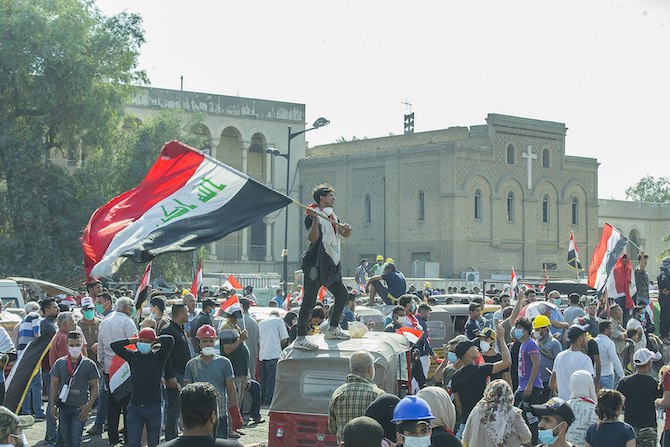
Now I long for the morning that they realize
brutality and unjust laws cannot defeat us.
But who’ll defend the workers who cannot organise,
when the bosses send their lackeys out to cheat us?
I’ve been thinking about these particular lyrics from Billy Bragg’s iconic song ‘There is Power in a Union’ quite a lot ever since the calls to boycott the upcoming general elections in Iraq began to gain momentum among pro-reform Iraqis on social media and beyond. Like the workers in Bragg’s song, members of the pro-October Uprising camp lack unity and are disorganised and scattered with regard to their preferred operating strategies, as well as their socio-political ideologies and motivations for challenging the status quo. More importantly, they lack charismatic figures with widespread popular appeal and the ability to inspire the average Iraqi to believe that positive change can be achieved via peaceful means.
The disunity among the pro-October Uprising forces is perfectly understandable given the extent of the violent coercion to which they have been subjected, including targeted assassinations and kidnappings. This has meant that fledgling political movements that have arisen out of the uprising have not been able to operate freely or to flourish due to the increased climate of fear and the closing up of civic space. Moreover, even concessions that were supposedly made to protesters have fallen short of their expectations, with many arguing, for example, that the Elections Law has been amended in such a way as to suit the interests of the political elite.
Members of the pro-October Uprising camp have used the reasons outlined above to argue that new political parties and independent candidates will not be able to make substantial gains during elections. As such, elections should be boycotted altogether.
I would argue however that despite the difficult political climate, there should be widespread participation in the upcoming elections. This is the only way to avoid the further entrenchment of Sadrists and pro-Iranian loyalist forces in parliament at the expense of gradual long-term reform.
The Case for Participating in Elections
Boycotting the upcoming general elections would ensure a big win for the Sadrists and loyalist forces, because their voters will always have their backs and vote for them no matter what. As much as many ‘Liberal’ Iraqis would like to believe that such voters do not exist, they do, and their votes are just as legitimate as ours whether we like it or not.
Elections are a numbers game and boycotting them would only work to further diminish the already small number of pro-reform voices, while at the same time strengthening the grip of Sadrist and loyalist candidates over parliament. This could prove disastrous for reform efforts as the anti-reform camp would end up with an overwhelming parliamentary majority which would enable Sadrists and loyalists to curb progress with greater ease.
As such, the aim of participating in the upcoming general elections should not be seen to be primarily about securing parliamentary seats for the pro-October Uprising camp. Rather, it should be viewed as a way to reduce the number of parliamentary seats held by the Sadrists and pro-Iranian loyalists.
While it might take several election cycles for pro-reform activists to be well-represented in parliament, the gradual reduction of the parliamentary representation of Sadrists and loyalists would contribute to depriving them of political cover and hinder their ability to further entrench themselves into the state and its institutions.
In addition, fewer Sadrist and loyalist parliamentarians would mean that they would be less able to block political and economic reform bills in parliament or pass malicious bills to strengthen their influence or protect their status. It would also mean that they would be less able to sabotage foreign investments in the country, as well as Iraq’s regional and international relations.
As it is currently extremely difficult to see how genuinely reformist Iraqi politicians will be able to rise to power anytime in the near future, we must approach the upcoming elections strategically. This means voting for the ‘least corrupt, best of the worst’ candidates, candidates who might be rotten but whose blocs do not have armed wings in the form of rogue militias and whose loyalty doesn’t lie with the country’s overbearing neighbours.
Gradually altering the political process through successive election cycles is the only peaceful way to implement political and economic reforms in Iraq. Participation in elections should be coupled with initiatives to improve the quality of, and access to, education and broader socio-cultural reforms. After all, Iraqi politicians are products of their society and when that society embraces reformist, progressive agendas then this will surely be reflected in the political system.
This article is part of a blog series on debates surrounding election boycotts in Iraq.
In this series:
- The Case for Boycotting the Iraqi Elections by Jassim Al Helfi
- Participating in the Iraqi Elections is the Only Option for Long-Term Reform by Local Observer



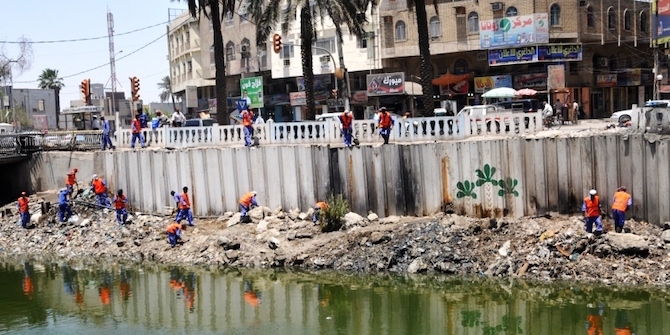
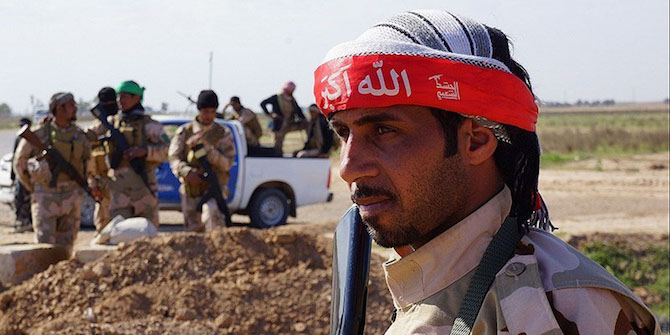
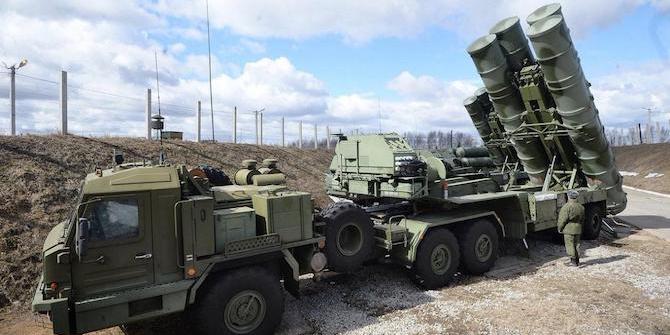
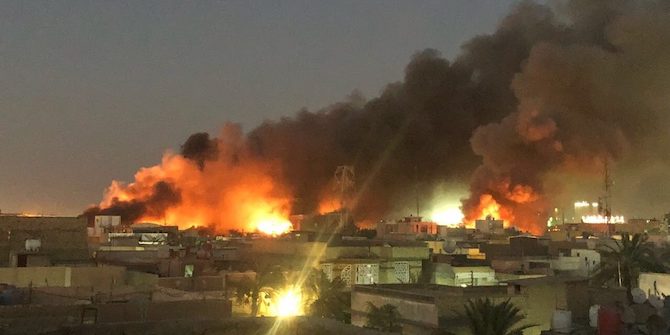
1 Comments